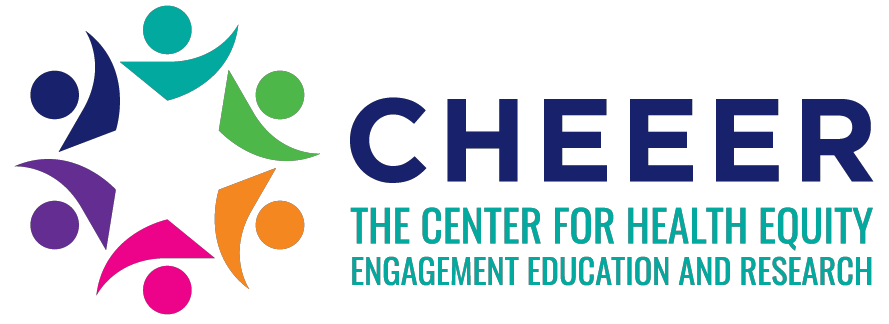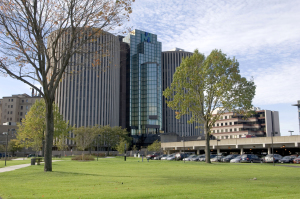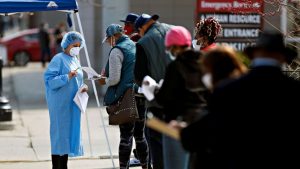By Karen Scott, MPA, Administrative Coordinator, Center for Health Equity Engagement Education and Research
Health disparities existed long before the COVID-19 virus began infecting Americans. However, the COVID-19 pandemic has further exacerbated health disparities for African Americans. More importantly, existing data identifying social determinants of health, such as poverty, lack of access to fresh, healthy food, lack of green spaces for exercise, polluted environments and lead exposure attribute greatly to preexisting conditions and overall health outcomes. Most researchers will tell you social determinants of health can be correlated with racial inequities. Typically, African Americans have higher rates of co-morbidities such as obesity, diabetes, asthma, heart disease and kidney disease. Recently released studies suggest preexisting conditions make one more susceptible to experiencing more severe symptoms with dire outcomes after contracting COVID-19. In addition, many African Americans work in service jobs, which do not offer them the opportunity to work from home, therefore increasing their risks of exposure to COVID-19.
The numbers are startling and alarming. In Michigan, African Americans account for 14% of the population and 40% of COVID-19 deaths. In Chicago and Louisiana, African Americans account for 30% of the population, while accounting for 67-70% of COVID-19 deaths. And in Wisconsin, African Americans account for 6% of the population, and 40% of the deaths. The numbers are unprecedented and clearly depict the health inequities realized among African Americans.
Over the past several weeks many news outlets and publications have reported on health disparities specifically related to COVID-19, and its devastating effects among African Americans. Perhaps the spotlight shining on these startling statistics will bring into focus the systemic injustices that exist. As death rates climb disproportionately for minorities, hopefully public health officials can use this information to attempt to identify, secure funding, and employ solutions to tackle these massive injustices.


